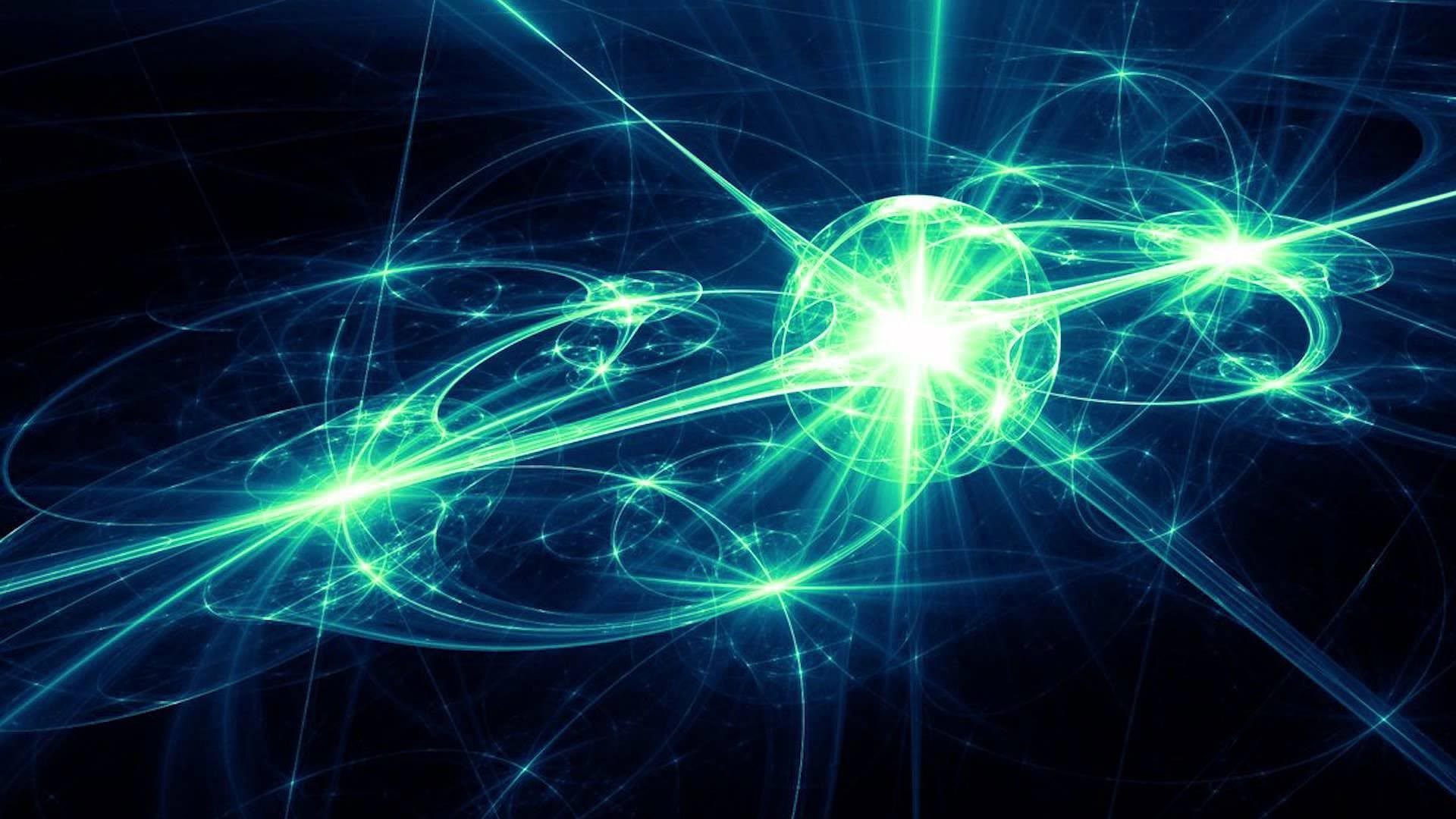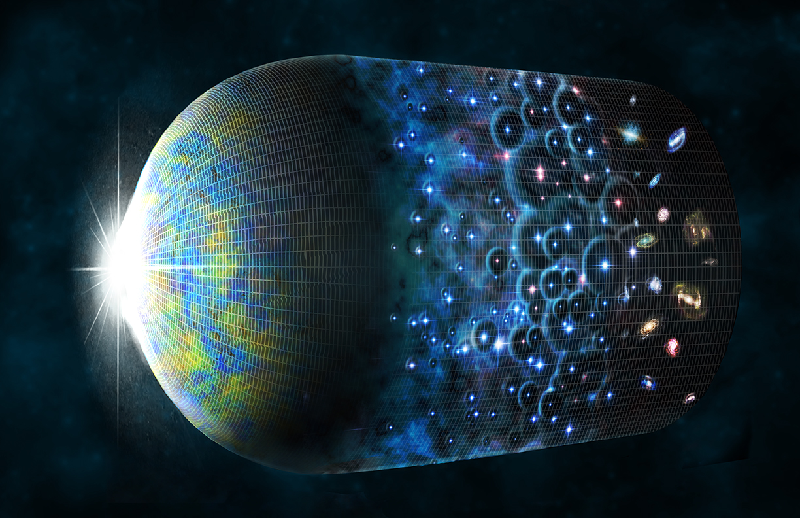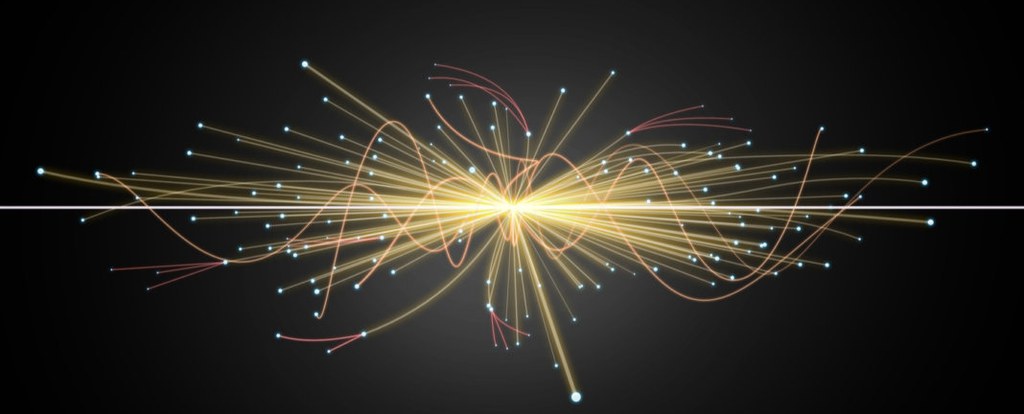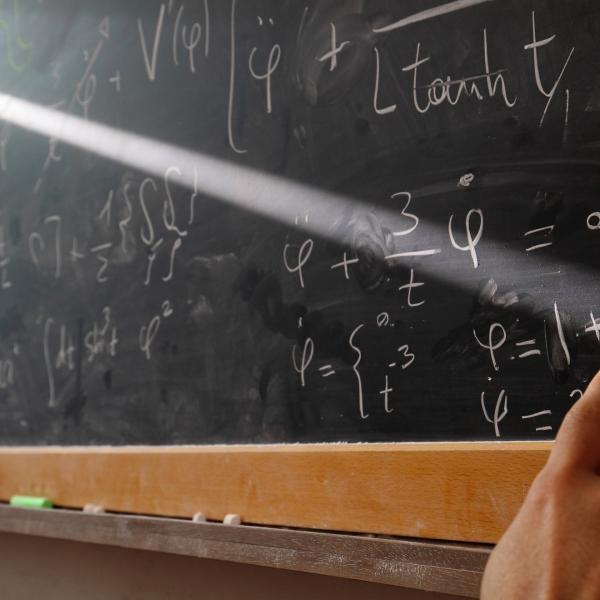Back
Research Areas
Next
The High Energy, Cosmology, and Astroparticle Physics (HECAP) section has four broad research areas:

String Theory and Quantum Gravity
Unification of General Relativity and Quantum Mechanics into a coherent theory of Quantum Gravity has been one of the outstanding challenges in theoretical physics. Such a framework is necessary for understanding the structure of spacetime in extreme conditions where quantum gravity effects are important, for example, in the vicinity of a black hole or the big bang singularity. String theory offers one of the most promising approaches towards such a theory that has the potential to unify all known elementary particles and fundamental interactions into a single framework.
ICTP's theorists have made important contributions in these explorations. Some of the key areas of research include the physics of quantum black holes, strongly coupled quantum field theories, string compactifications, topological string theory and connections with new mathematics, and the fundamental principles of the holographic correspondence.

Phenomenology of Particle Physics
Researchers in this area, which bridges theoretical physics (such as quantum field theory and theories of the structure of spacetime) and experimental particle physics, are exploring: beyond the SM physics, phenomenology of high energy colliders and precision experiments, dark matter, axions, astroparticle, neutrino and flavor physics.

Cosmology
The study of the large-scale structure and the evolution of the universe has in the last few years entered a qualitatively new phase, driven by a host of experimental results. Topics being studied at ICTP include clustering dark energy, gravitational waves, black holes and inflation.

Experimental Particle Physics
The Udine/ICTP ATLAS group, supported by the INFN, is part of the ATLAS experiment at the CERN Large Hadron Collider (LHC). The group has made and continues to make measurements and observations of the two heaviest known elementary particles: the top quark and the Higgs boson as well as conducting searches for new physics and particles. The team is also strongly involved in science outreach and public engagement. Additionally, it participates in the development of detectors for the LHC upgrades, as well as Monte Carlo simulation/validation and computing performance. ICTP joined forces with the University of Udine ATLAS group in 2008.

















